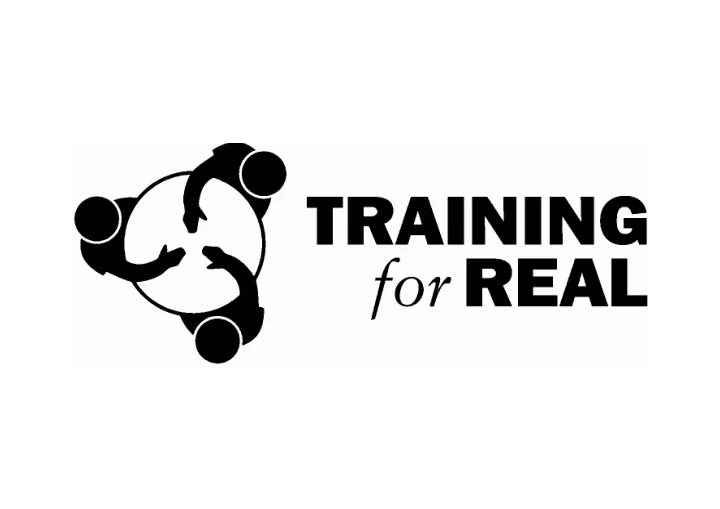

Knowledge and Knowledge Management Frank Odhiambo Water, Engineering and Development Centre & Joseph Epitu DWD
Relationship between Information and Knowledge • Data – information – knowledge continuum • Data – particular, + objective facts; record • Information – context – Inform, change • Knowledge – mind • Knowledge = I*ESA – Knowledge harder to separate than information – Knowledge not conflicting. Information can be
Explicit /Tacit Knowledge • Explicit knowledge codified – Documented knowledge • Tacit knowledge difficult to codify – Personal knowledge – Social knowledge • KM initiatives centred on tacit knowledge – Knowledge creation
Knowledge /Information Management /1 • Not the same ! • Information management complements KM • What is information management? – Access, handling, storage, delivery, security, archiving • What does this mean for an organisation? – Resource centre /library organised – Record keeping
Knowledge /Information Management /2 • What is KM? – No agreed definition of KM – Several opinions about scope – Varying emphasis on ICTs, organisational change /development
Knowledge /Information Management /3 • Coordinated effort to grow and leverage an organisation’s know-how value • Growth – Develop competencies /skills – R & D – Networks /alliances – Consultants – Multi-disciplinary collaborations
What is KM? /2 • Leverage – New courses /services – Intellectual property – Increase revenue collection – Consultancy services – Reuse – cost avoidance /reinventing wheel – Reuse – improved quality – Process – consistent delivery
Can Knowledge be Managed? /1 • No !! • KM Structures – management, communication, ICTs • A good KM strategy will support: – Reward knowledge sharing – High levels of trust – Team-based collaborative work – Customer satisfaction focus – Value outside ideas – Manage competition – Understand the need to share knowledge at all levels – Support localised decision making
Can Knowledge be Managed? /2 • Pitfalls – Impatience – ICTs a panacea – Ignoring the cultural dimension – KM team to update databases, websites etc. – Top management support – Clear value proposition
KM Initiative /1 • Clear value proposition • Four business goals PRIC • Productivity – “We don’t know what we know” – Raise performance to level of best – Lessons learned, best practices, expertise • Responsiveness – Customers, problem solving, satisfaction, loyalty – Who, what, how /where and why
KM Initiative /2 • Innovation – Rapid conversion of ideas – Brainstorming, learning networks, discussion forums etc. • Competency – Skills and knowledge development – New staff: ‘how things get done around here’. – Existing staff, build skills and expertise – continuing education, mentoring, innovative methods
Summary /1 • Data, information and knowledge • Knowledge in the mind • Documented – explicit • Remains unarticulated – tacit • IM is not KM • IM – organised RC, record keeping • KM – no agreed definition
Summary /2 • ICTs and organisational change • Grow /leverage know how • Developing /managing structures • Good strategy: understanding of the need to share • Clear value proposition • Four business goals
Exercise • What business goal do you believe would be the most appropriate for a KM initiative in your organisation /sub-sector? • Outline your case • What would be the ‘hook’ for your KM initiative? • NB. Focus is on HRM issues
Initial T f R Findings Victor Male Vincent Ssennyondo
What was the research question? • What is the impact of recent training and other HRD activities in the eyes of key sector stakeholders
Study Districts • Case studies in three districts • Key stakeholders: CAO, Personnel Officer, Staff in District Water Office, TSU staff
Initial Findings • Improved quality and quantity of outputs • Limited resources • Restructuring • Sanitation lags water
Initial Findings/2 • Qualifications yardstick • Enabling environment neglected • Focus on Individual • Learning is insufficient
Initial Findings/3 • Training has hardware focus and is supply driven • Poor coordination and communication among providers
Summary Sam Mutono DANIDA
Recommend
More recommend